The Centre for Promotion of Private Enterprise (CPPE) has advanced reason the latest hike in Monetary Policy Rate (MPR) by the Central Bank of Nigeria (CBN) won’t help in bringing down inflation in the country.
Prime Business Africa reports that CBN governor, Olayemi Cardoso, had after the 293rd Monetary Policy Committee meeting in Abuja on Tuesday, 27 February, announced that the MPC members voted to increase the MPR, the benchmark interest rate, by 400 basis points to 22.75 per cent, from 18.75 per cent and Cash Reserve Ratio [CRR] from 32.5 per cent to 45 per cent.
The CBN governor had said the decision to raise the MPR was part of the monetary policy tightening measure to tackle inflationary pressure on the economy.
Reacting to the MPC’s decision, CPPE in a statement signed by its Chief Executive Officer, Dr Muda Yusuf, said the outcome of the meeting would hurt the real sector of Nigeria’s economy which is already bedeviled with numerous macroeconomic challenges.
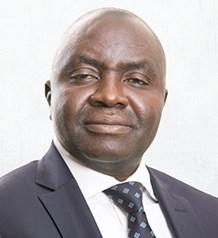
While noting that decision was consistent with the typical policy response of Central Banks globally, Yusuf, however, pointed out that it failed to take cognisance of “domestic peculiarities.”
He therefore, contended that given the perculiar nature of the drivers of inflation in Nigeria, increasing MPR as a response won’t have any effect on it.
The think tank said the monetary authority has in the last two years, persistently adopted monetary policy tightening, but there has not been any significant impact on the inflationary pressures, as the general price level had been continuously on the upward swing.
The economic expert expressed concerns that the policy “poses a major risk to the financial intermediation role of banks in the Nigerian economy,” adding that the increase would “constrain the capacity of banks to support economic growth and investment, especially in the real sector of the economy because the increases are quite significant.
READ ALSO:
- CBN Raises Benchmark Interest Rate To 22.75%
- Economic Crisis: CBN’s 22.75% Benchmark Interest Rate Good For Tackling Inflation – Moghalu
- How CBN’s New Monetary Policy Rate Will Affect Businesses In Nigeria – Economic Experts
“We recognize that the primary mandate of the CBN is price stability, but numerous headwinds had posed significant risks to this critical objective. Some of these include the surge in commodity prices and impact on energy cost, disruptive effects of insecurity on agricultural output, and global supply chain disruptions.”
He further observed that increase in ways and means financing “also makes the CBN a culprit in the inflation predicament over the past few years. The hike in MPR or CRR would not change these variables,” it stated.
“Already, bank lending has been constrained by the high CRR which was until the latest review, 32.5% [many operators in the sector claim that effective CRR is as high as 50% for many banks], the discretionary debits by the apex bank. The credit situation in the economy is already very tight, with lending rate ranging between 25 -30%.
“The Nigerian banks are yet to live up to their financial intermediation role because of these constraining factors.”
Yusuf said Nigeria’s economy is not credit driven unlike what obtains in many advanced economies where there are higher levels of financial inclusion, robust consumer credit framework.
“The level of financial inclusion in the Nigerian economy is still quite low, access to credit by households and MSMEs is still very challenging, and the informal sector accounts for close to 50% of the economy.”
Explaining further the level of access to credit in Nigeria economic system, he stated that private sector bank credit as a percentage of GDP was 14 per cent in 2022 against 59 per cent in South Africa, 30.9 per cent in Egypt, 30 percent in Botswana, 51.6 per cent in the United States and 130 per cent in the United Kingdom.
The Centre stressed that the effects of monetary policy on the Nigeria’s economy are still very weak, especially on price levels which are not constrained by high interest as intended.
‘Supply side issues are much more profound drivers of inflation.”
Impact of new MPR hike on cost of lending and businesses
It also pointed out that the hike in MPR will lead to an increase in the cost of credit to the few private sector that have exposure to bank credits, adding that “it will impact their operating costs, prices of their products and profit margins, amidst very challenging operating conditions.”
It also asserted that the equities market may be adversely affected by the hike.
“It is thus imperative for the CBN to accelerate the process of increased capitalization of the development finance institutions to create a concessionary financing window for the real sector and the small businesses.”
Key Drivers of Inflation
According to the Centre, the key drivers of inflation in Nigeria which is currently at 29.9 per cent, include foreign exchange scarcity which affects access to manufacturing and other inputs; supply chain disruptions (which initially came during the COVID-19 pandemic shutdown, and now exacerbated by the Russia–Ukraine conflict, and the Israeli-Hamas war); cases of insecurity that have disrupted agricultural production and climate change effects on agricultural production.
Others are structural constraints affecting productivity in the agricultural value chain and manufacturing; high transportation costs affecting distribution costs across the country; high energy costs; monetization of fiscal deficit [CBN financing of deficit] which is highly inflationary because of the liquidity injection effects on the economy; and high import duty on intermediate goods and raw materials among others.
Curbing High Inflation
The Centre recommended that to curb the high inflation rate, the following steps should be taken:
“Address the security concerns causing disruption to agricultural activities.
“Sustaining reforms in the foreign exchange market to stabilize the exchange rate, reduce volatility and stimulate forex inflows.
“Address forex liquidity issues through appropriate policy measures incentives forex inflows into the economy.
“Fix the structural problems to boost productivity and competitiveness of domestic firms.
“Address the challenge of high transportation and logistics cost.
“Reduce fiscal deficit monetization to minimize incidence of high-powered money in the economy.
“Manage climate change consequences to reduce flooding and desertification.
“Ensure the restoration of normalcy and good order at the nations ports to reduce transaction costs.
“Reduce import duty on intermediate products and raw materials for industries to reduce production costs, especially in the light of the sharp depreciation in the exchange rate.
“Address concerns around high energy cost.
“Create an investment friendly tax environment to boost investments and output in the economy.”
Victor Ezeja is a passionate journalist with seven years of experience writing on economy, politics and energy. He holds a Master's degree in Mass Communication.


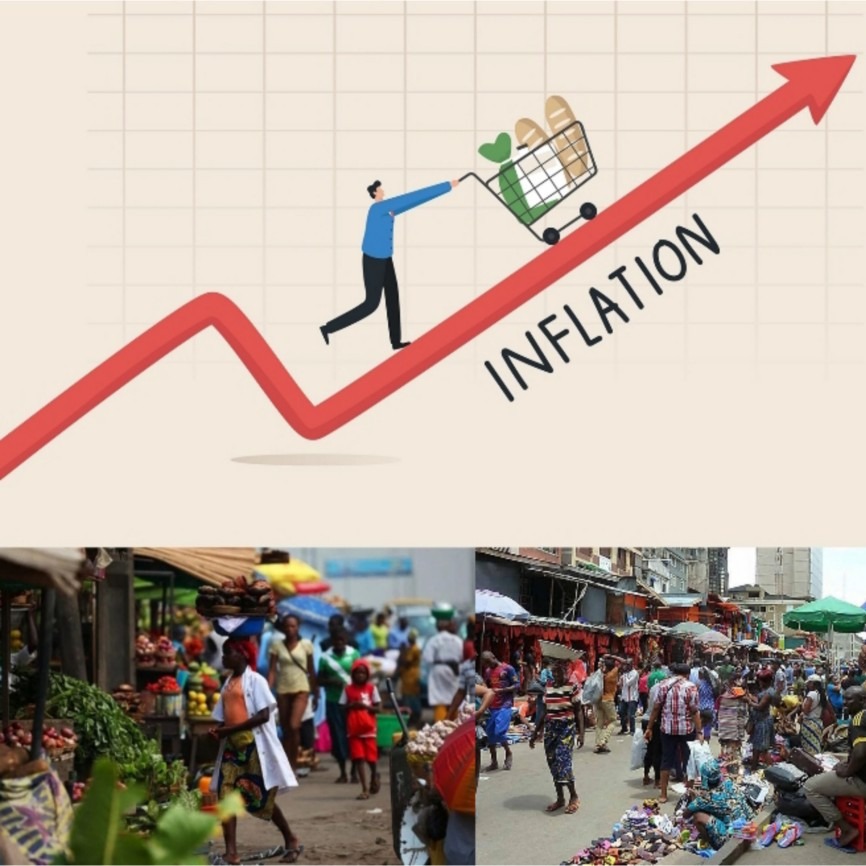

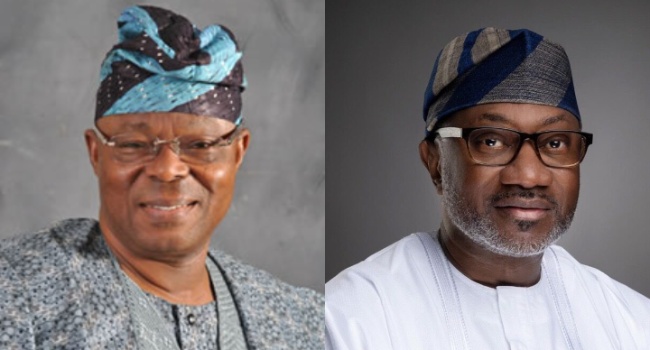
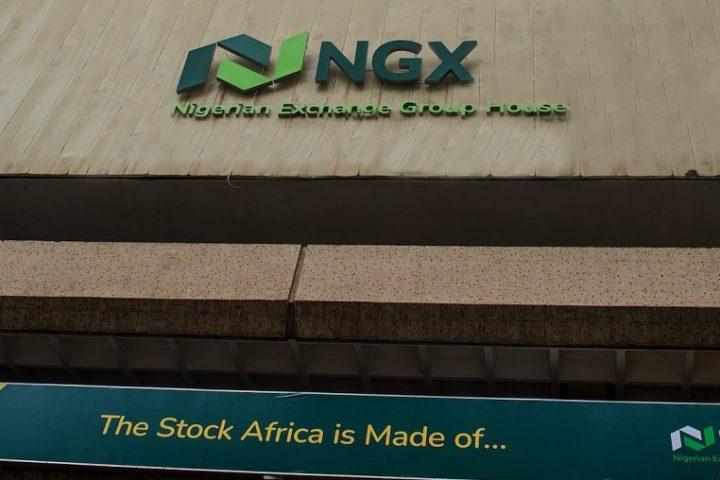



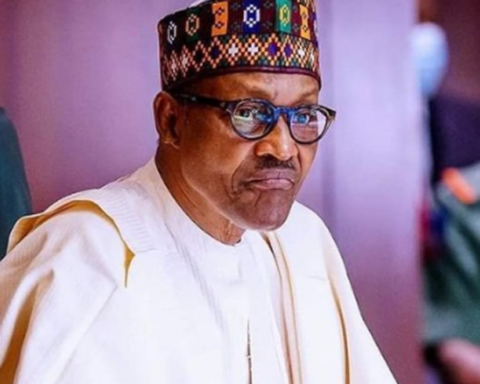






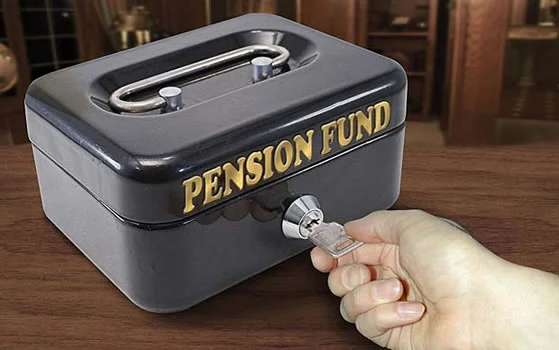


Follow Us